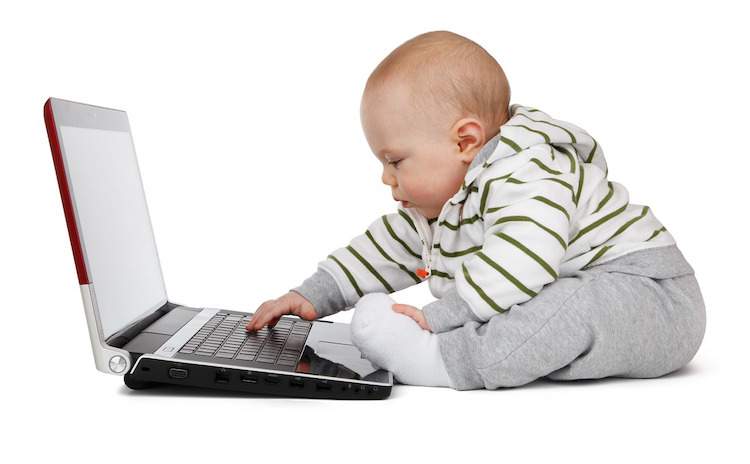The Dark Side of Productivity

Last week, Google replaced its logo with a playable Pac-Man game to celebrate the video game’s 30th anniversary. The little fun players had cost society an estimated $120 million in lost productivity.
If you’re wondering how much time did employees waste playing, the estimated average time spent per player was … drum roll:
37 seconds.
Yes seconds. How many of you played the game? Did you feel guilty playing instead of working? I did.
The cost of lost productivity is an estimate of the cost of time spent playing instead of working. What about the fun people had? Shouldn’t it account for something? If employees had fun, wouldn’t that reflect positively on their work?
The human machine
In modern society an employee’s contribution is based on the hours they work and the value (income) of what they produce. In other words, we replaced manufacturing equipment hours with human hours. We are the new machines.
Productivity numbers are misleading.
The focus on time spent as a metric for producing results is a simple way of calculating the cost of output, but it may not be accurate and realistic. Here a few limitations:
Standardizing human effort. Life is change. Everything varies from minute to minute let alone days and years. Standardizing human effort can be meaningless. People have good days and bad days. Their focus shifts with their energy level. They don’t perform at the same level consistently.
More is better. If we measure lost productivity in hours wasted, then the opposite should be true. The more hours you work, the more productive you are. The exact opposite is true; working long hours is counterproductive.
Value based on time. Your contribution is based on how many hours you spend working. The thing is: this method does not factor in that each individual can only work at their own pace. One can create great value in less hours. Another can take forever and produce mediocre results. Time is a factor but should not be the most important one.
The downside is ignored. This focus on effort in productivity comes with a price tag. Think of the items below.
1. Time wasting. It is estimated that employees waste 2 hours per work day. Why do people waste time? Is it possible it’s because they are saturated and tired but they are required to stay at work in the name of productivity?
2. Stress and illness. Employees are expected to do more work in fewer hours and to take on more responsibilities. They are racing against time every single day. This creates mental and physical stress that will manifest in illness, which in turn will reduce their productivity even more.
3. Joyless work. When a worker is supposed to spend every hour working and accounting for his or her time, the focus shifts to getting things done as fast as possible. How can anyone enjoy this process? If you don’t enjoy what you’re doing, the quality of your work will suffer.
4. Guilt. Whenever we don’t do what we’re supposed to do (work and more work) we feel guilty. A lot of the people who played Pac-Man felt guilty because they should have been working. This guilt does not improve productivity. On the contrary, when you try to rush and make up for lost time, you end up making mistakes and producing mediocre results.
A better way to value work
I am no economist but if I were to come up with my own system of measuring value, it would be based on:
Results. I would trust people to do their work the way they choose to and focus on getting the best results possible. Quality always trumps quantity.
Joy. I would make fun part of work. And it’s not the corporate type of fun where everyone is expected to participate in an event or game regardless of how they feel about it. It is the type of fun that allows people to do what they enjoy—not what I think they should do for fun.
No guilt or stress. I would make sure the workplace stays guilt and anxiety free. This would energize people and get them excited about their work.
The big picture—life doesn’t stop.
People stopped and played Pac-Man. The lost productivity did not make any difference in how people lived their life that day.
Life moves along with or without productivity. Why not make work more fun and trust that things will get done?
If you want to play Pac-Man go right ahead. A little fun goes a long way.